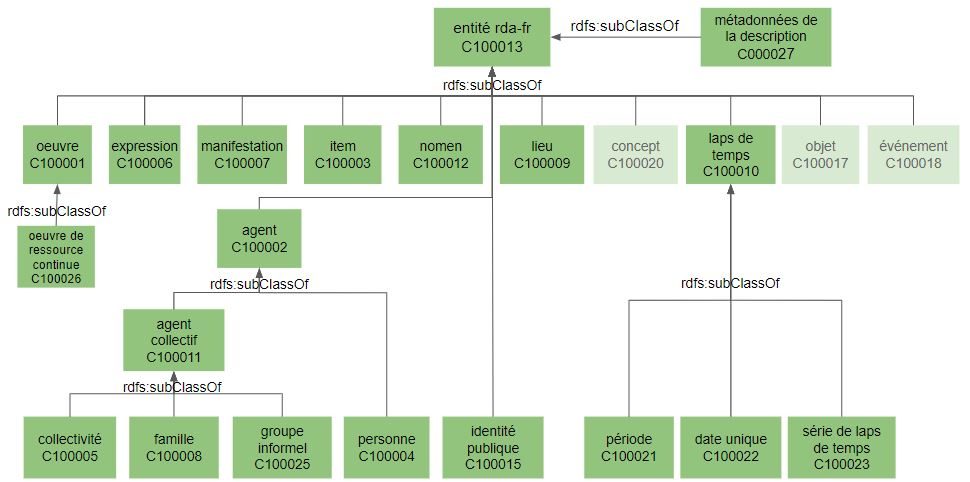Unique Electronic Resource Package Identifiers
E-resources are frequently purchased as packages, but identifying them only by name creates ambiguity in the supply chain, affecting libraries, content providers, platforms, and users.
The NISO Unique Electronic Resource Package Identifiers Working Group will evaluate and create recommendations for a unique identifier to enable disambiguation between packages. This identifier will allow all stakeholders to streamline and simplify their processes, and to more easily track changes. It will also provide libraries with clear information about which titles a package contains, enabling them, for example, to manage claims when journals move between publishers.
NISO expects to convene the working group later this year.




